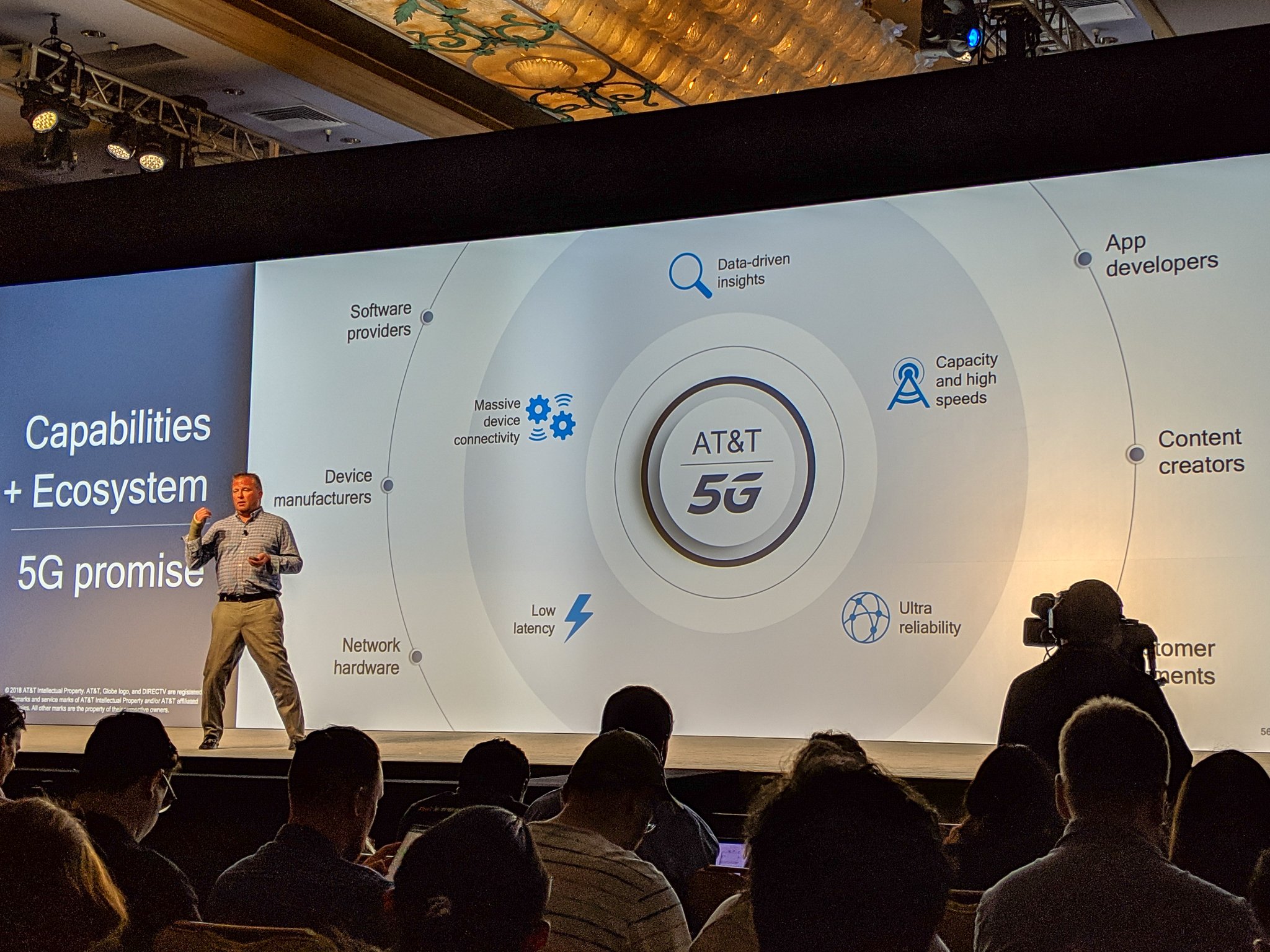The 5G Evolution drama continues.
In late December last year, AT&T announced that it was starting to put "5GE" indicators on some of its phones in areas where subscribers are using its upgraded LTE network. The speeds on the upgraded network are faster than regular LTE, but it’s still not true 5G.
Not being too keen about this trickery, Sprint’s decided to issue a lawsuit against AT&T.
Per part of the lawsuit:
AT&T has employed numerous deceptive tactics to mislead consumers into believing that it currently offers a coveted and highly anticipated fifth generation wireless network, known as 5G. What AT&T touts as 5G, however, is nothing more than an enhanced fourth generation Long Term Evolution wireless service, known as 4G LTE Advanced, which is offered by all other major wireless carriers.
Sprint goes on to say that, in a survey it conducted, 54% of respondents said they thought AT&T’s 5GE was the same or better as real 5G. Additionally, 43% of people say that they believed the phones AT&T currently offers will be capable of 5G. If you’ve been following 5G developments, you’ll know that neither of those things are true.
AT&T has since responded to Sprint’s lawsuit, and it reads in its entirety as follows:
We understand why our competitors don’t like what we are doing, but our customers love it. We introduced 5G Evolution more than two years ago, clearly defining it as an evolutionary step to standards-based 5G. 5G Evolution and the 5GE indicator simply let customers know when their device is in an area where speeds up to twice as fast as standard LTE are available. That’s what 5G Evolution is, and we are delighted to deliver it to our customers.
We will fight this lawsuit while continuing to deploy 5G Evolution in addition to standards-based mobile 5G. Customers want and deserve to know when they are getting better speeds. Sprint will have to reconcile its arguments to the FCC that it cannot deploy a widespread 5G network without T-Mobile while simultaneously claiming in this suit to be launching "legitimate 5G technology imminently.
This move from Sprint is a lot more intense than responses we’ve seen from T-Mobile and Verizon, and it’ll certainly be fascinating to see where things go from here.







Recent Comments